Bretschger, Lucas. "Getting the Costs of Environmental Protection Right: Why Climate Policy Is Inexpensive in the End". Ecological Economics. Accessed January 16, 2025. https://www.sciencedirect.com/...
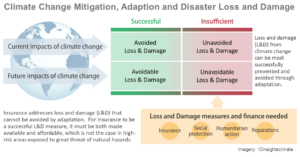
The misconception that stringent climate policies are too costly is widespread among political decision-makers and the public and an often-used argument by governments for sluggish policy making. However, the cost argument ignores the long-term economic benefits of policy changes and is build on the decomposition of environmental impact into separate population, income, and technology effects. This method of decomposing environmental impact calculates costs of climate policy that are far too high. The aggregate economic assessment of climate policies in a holistic economic-ecological system shows economic growth is only initially moderately reduced by a strict climate policy. The cost of climate policy overlooks its long-term benefits, which depend on avoided climate loss and damages.
Posted on 16/01/25
Recent Abstracts

Aufgefallen in… Rimini
On the Italian Adriatic coast in the province of Rimini, more than 350 hotels are up for sale. According to estimates, €320 million would be enough to buy a good third of them. In Rimini alone, 159 buildings are now on the market, several of them with four and five stars. It is not only the Corona pandemic that has ...
Posted on 23/12/21
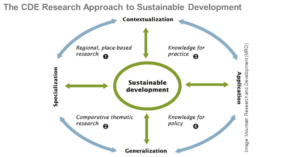
Special Issue : Sustainable Development: Challenges and Opportunities
The overall goal of sustainable development is to meet our needs today without compromising the ability of future generations to meet theirs. The implementation of the sustainable development concept is our greatest challenge. This special issue invites researchers to the scientific debate on its challenges and oppor ...
Posted on 22/12/21
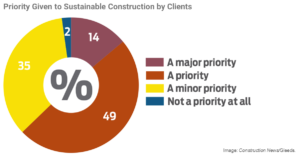
Factors Influencing Clients’ Commitment to Sustainable Construction Practices
Successful sustainable development of projects largely depends on the level of clients’ commitment to sustainable construction practices. This survey found that the most influential factors were client knowledge and awareness; cost implication and mechanism of financial involvement; economic value and return on invest ...
Posted on 20/12/21
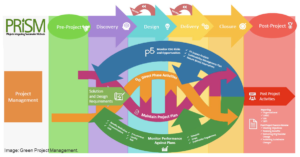
Building Sustainably: A Pilot Study on the Project Manager’s Contribution in Delivering Sustainable Construction Projects – A Maltese and International Perspective
Tasked with the overall management of a building’s development phases, the project manager is becoming increasingly crucial for achieving project sustainability goals. This survey reveals that project managers were well aware of sustainability issues and their role in bringing a sustainability agenda into construction ...
Posted on 19/12/21
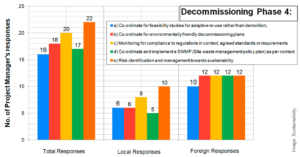
Proposal for a Directive of the European Parliament and of the Council on the Energy Performance of Buildings
The proposed revision of the EPBD is part of the 2021 EU Commission Work Programme “Fit for 55” package. It is key legislation to deliver on the 2030 and 2050 decarbonization objectives and adopt the Renovation Wave Strategy with concrete regulatory, financing and enabling measures. The revision introduces minimum en ...
Posted on 18/12/21
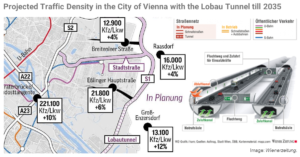
Civil Society Actors as Drivers of Socio-Ecological Transition? Green Spaces in European Cities as Laboratories of Social Innovation
Socioecological systems reflect a highly interconnected relationship between society and ecosystems. Their resilience depends on a wide range of factors stemming from the linkages between human societies and ecosystems. The factors include changes in the social, political and environmental factors and the interaction ...
Posted on 15/12/21
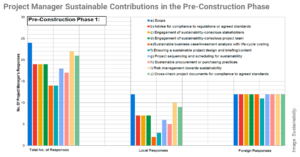
3 Reasons for an Early Sustainability Feasibility Study for Your Project
Evolving green building and energy codes impact the cost assessment and early schematic design of projects, which building owners and design teams must understand. Sustainability feasibility studies are undertaken early in the construction document (CD) phase to effectively address sustainability goals and requirement ...
Posted on 14/12/21
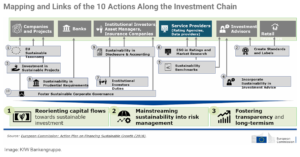
Sustainability Becomes Part of Investment Advice: ESG – Mandatory or Optional?
Sustainability is becoming an integral part of the suitability test of investments. With the EU Action Plan on Financing Sustainable Growth, the EU has created binding rules for financial advisors. It also underlines its ambitions in the fight against climate change and sets a clear signal for the reallocation of cap ...
Posted on 13/12/21
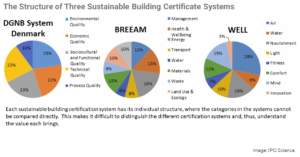
Categorizing Building Certification Systems According to the Definition of Sustainable Building
There are several sustainable – "green" – building certifications schemes and great variation in how they are structured, evaluated, and weight social, environmental and economic dimensions. For the definition of "sustainable building certification", this paper from 2019 gives the three dimensions equal weight. Activ ...
Posted on 12/12/21
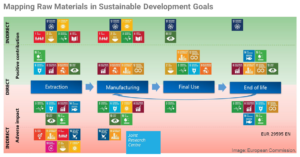
Construction Supply Chains and Their Role in Sustainability
It is suggested that standards and regulation of the construction of the supply chain would be less effective than the "ethical approach" and third-party monitoring. At best, developers and construction companies make an ethical choice as regards sustainable procurement, for which the value for money (VfM) framework a ...
Posted on 12/12/21

SDGs: Answering the Big Questions for the Real Estate Industry – What, Where, Why and How?
Sustainable development goals (SDGs) provide comprehensive sustainable development criteria along a property's value chain and whole-life cycle. Since the real estate industry is chiefly responsible for the development and management of property, it must also lead the environmental stewardship of the built environment ...
Posted on 11/12/21

Special Issue : Business Strategies Concerning the Sustainable Development Goals and the SDG Compass
The UN Sustainable Development Goals (SDGs) call for companies to actively engage in the social, economic and environmental transformation process. Business contribution to the SDGs requires integrating the SDGs into their core competitive strategy, organizational culture, and business model. For this, companies must ...
Posted on 10/12/21
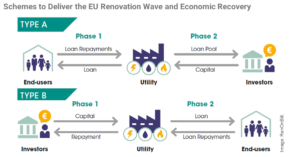
Adoption of EU Taxonomy Delegated Act Marks Milestone Opens New Chapter in EU’s Sustainability Efforts
The EU Taxonomy Delegated Act adopted on 9 December 2021 contains the technical screening criteria (“TSC”) for climate change adaptation and mitigation under the EU Taxonomy Regulation. The TSC is key in the EU’s transition to achieve carbon neutrality by 2050 and in guiding investment to environmentally sustainable e ...
Posted on 09/12/21

Can the SDGs Provide a Basis for Supply Chain Decisions in the Construction Sector?
Sustainability in the construction sector has increased in importance but is difficult to implement. This paper provides an empirical investigation into the value of the UN sustainable development goals (SDGs) for use as a framework for action to drive organizations towards sustainability in global construction supply ...
Posted on 08/12/21
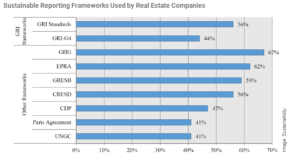
The Involvement of Real Estate Companies in Sustainable Development – An Analysis from the SDGs Reporting Perspective
This paper analyzes the extent to which the EU real estate companies meet sustainable development goals (SDGs) while meeting stakeholders’ information needs. Sustainability reports and annual reports were studied to highlight their prioritization of SDGs and the extent to which they are integrated in their business mo ...
Posted on 07/12/21

